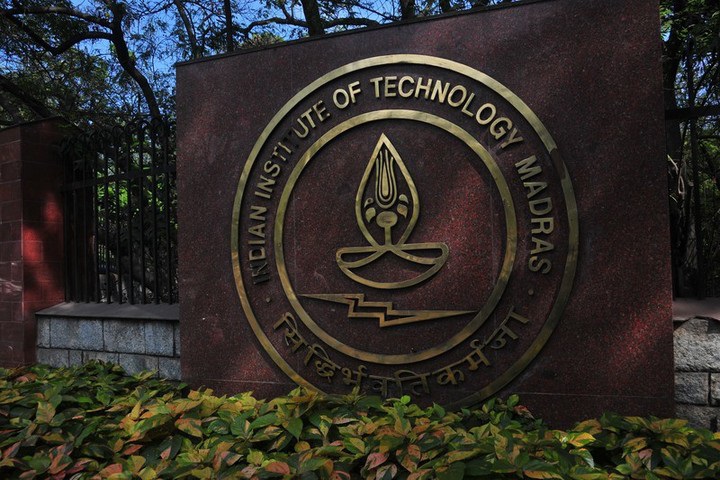
‘PIVOT’al Move: IIT Madras Researchers Develop AI Tool for Personalised Cancer Diagnosis
Researchers from the Indian Institute of Technology, Madras, have developed artificial intelligence tools (AI) that can predict the mutation of cancer genes in an individual.
Named Pivot, this tool uses information about mutations, gene expressions, copy variations in the number of genes and changes in biological tissue due to changes in gene expression to make predictions.
Research findings have been published in the journal Peer-Review, ‘Frontier in Genetics’.
Pivot is part of personalized cancer treatment that has grown throughout the world. It has been found that conventional methods of treating cancer, including chemotherapy and radiation, killing non-cancer cells as well, causing severe side effects for patients. Personalized cancer care is seen handling malignant tumors based on the needs and development of disease in certain patients.
Heterogeneity of cancer cells
In detail the mechanism of working of Pivot, Dr. Karthik Raman, Associate Professor, Bhupat and Jyoti Mehta School of Biosciences in IIT Madras, said: “There are mutations that continue to pile up in cells; However, only a few of them pushed cells into cancer. Pivot helps identify this mutation in a personalized way, based on its functional impact. Our approach captures tumor heterogeneity. Our predictions show that the same genes are labeled as tumor pressure genes (TSG) in one patient and oncogen (OG) in other patients of the same type of cancer. Such predictions are not possible with existing computing devices. This unique feature reiterates that genes can behave differently based on the signals they receive, the environment, and other factors. “
This study states that changes in genomes encourage the development of cancer. Mutations in certain genes, called the driver gene, give cancer cells additional growth advantages. This mutation, as well as other genome changes, such as the Variation of Copy Number (CNV), piled up during the tumor. The cancer genomic landscape is complex, with the difference between the type of cancer in the amount of mutation observed. Mutualized genes vary between cancer types and in cancer subtypes. Heterogeneous cells in the same tumor, and heterogeneity disrupts our understanding of the evolution of tumors.
Pivot is based on a machine learning model that classifies genes as TSG, OG or Neutral genes. This tool can succeed in predicting OG and TSG that exist such as TP53, and PIK3CA, including, and new cancer -related genes such as PRKCA, SOX9 and PSMD4.
Access to personalized cancer treatment
Speaking of the importance of providing personalized cancer treatment, Malvika Sudhakar, a research scholar at IIT-Madras, said, “The precision medical research area is still at a newborn stage. Pivot helps encourage these limits and present prospects for experimental research based on identified genes. “
However, how much can be accessed by personalized cancer treatment in India?
Dr. Raman said: “With the cost that plummeted from the sequence of genomes, and an increase in the platform/oncology startup experimenting with various screening approaches, there is a good possibility that we will see more personal cancer treatments in India in Hangera, say, in four year, at least for certain types of cancer. “
When asked whether there were people who were diagnosed with cancer who could use pivot, Dr. Raman, who was also a core member at the Robert Bosch Data Science Center and Artificial Intelligence (RBCDSAI) in IIT-Madras, answered: “At present, we have trained data about genomes Cancer available to the public. Therefore, every individual diagnosed with cancer – their cancer genomes – can be tested using pivot pipes. In the future, we hope to expand training data for pivot and make it more used. “





